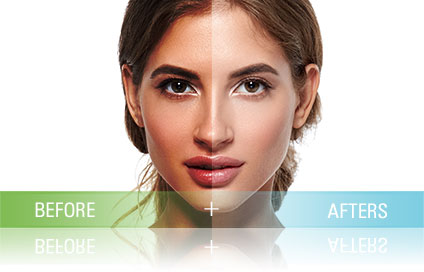Why do people think that drinking extra water will improve their skin?
While drinking water is important for overall health, there is a lack of evidence to suggest that drinking extra, EXTRA water will impact skin hydration and appearance in healthy, adequately hydrated people.
It’s more that when you are dehydrated (from not drinking fluids, too much caffeine or alcohol, flying, or just not moisturizing), the skin does appear more lackluster, dull, and sallow. Overall, both due to factors we can control and those we don’t (like aging or previous sun damage), the skin will lose elasticity and plumpness if the epidermis (the outer most of the three layers that make up your skin) doesn’t contain enough water—resulting in a less “glowy” appearance.
What’s the science behind skin and the amount of water someone drinks?
Water helps your body work properly; it impacts blood flow and helps nutrients reach all the cells in your body, but it doesn’t automatically get carried to your skin. Drinking water affects your body at the cellular level.
What actually improves skin hydration?
Here are some tips we recommend for improving skin hydration:
- Use a gentle and moisturizing cleanser.
- Avoid any product that contains alcohol.
- Use a moisturizing serum to help rebuild your skin’s natural protective barrier.
- Look for products that contain:
- hyaluronic acid, it can hold up to 1000 tunes its weight in hydration
- AHAs
- Lactic acid
- Glycolic acid
- Glycerin
- Moisturize immediately after showering or washing your hands.
- Do not use very hot water in the shower or sink.
- Use a humidifier if you live in very dry climates or in winter when heaters are turned on.
- Protect your hands from the elements, meaning wear gloves when outside in the cold or when washing dishes.
- Use an overnight hydrating mask.
- Avoid perfumed products.
- If your skin is especially dry, avoid salicylic acid, tea tree oil, charcoal, and kaolin as they can strip the epidermis of natural oils.
Is there anything else you think readers should know about this myth or about skin hydration?
Make sure your moisturizing regimen contains an emollient like natural oils, colloidal oatmeal, shea butter to smooth out skin cells, a humectant like urea, hyaluronic acid, glycerin, honey aloe, rice proteins to pull hydration the outer layers of your skin, and an occlusive to prevent water loss and lock it all in with a protective seal on skin. These could include beeswax, olive oil, lanolin, or dimethicone.
Interested in learning more about proper skincare or how to hydrate your skin? Dr. Annie Chiu, Board-Certified Dermatologist and founder of The Derm Institute in North Redondo Beach, welcomes you to visit her practice to see how you can achieve healthy, beautiful skin. To get started, simply call (310) 939-9800 or contact us online today.

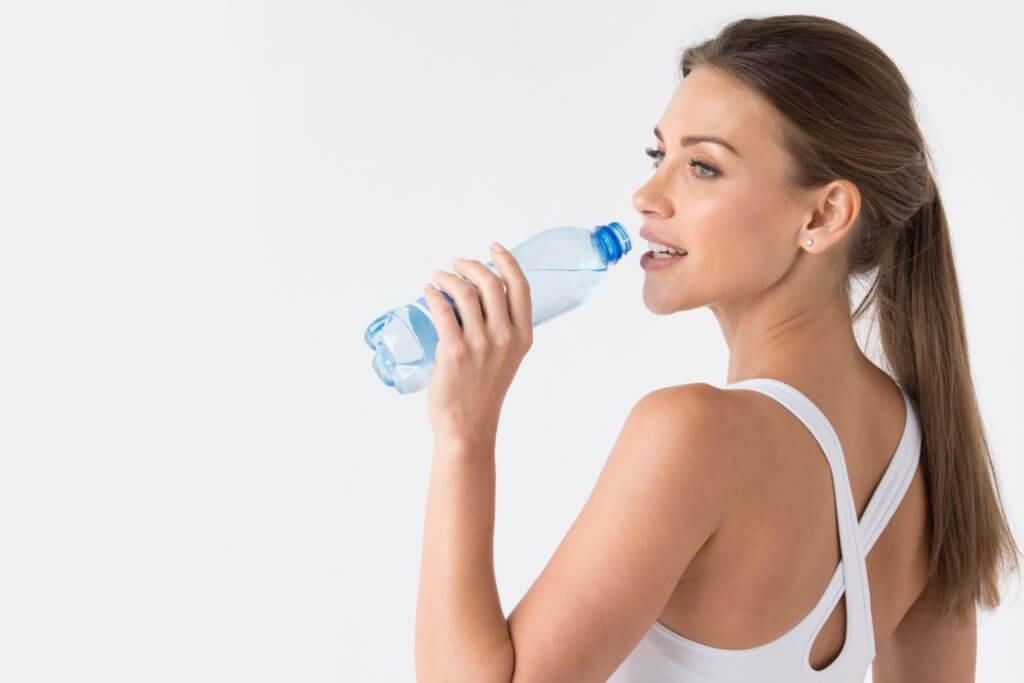
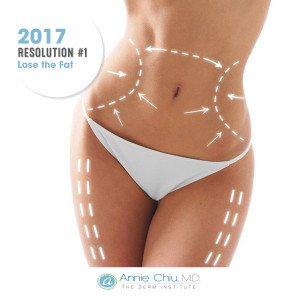
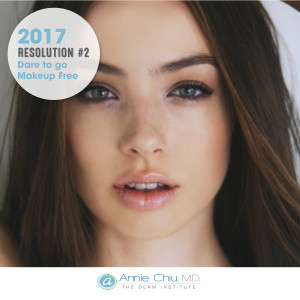
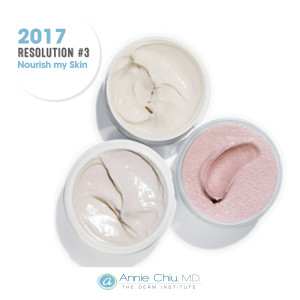 Resolution #7
Resolution #7